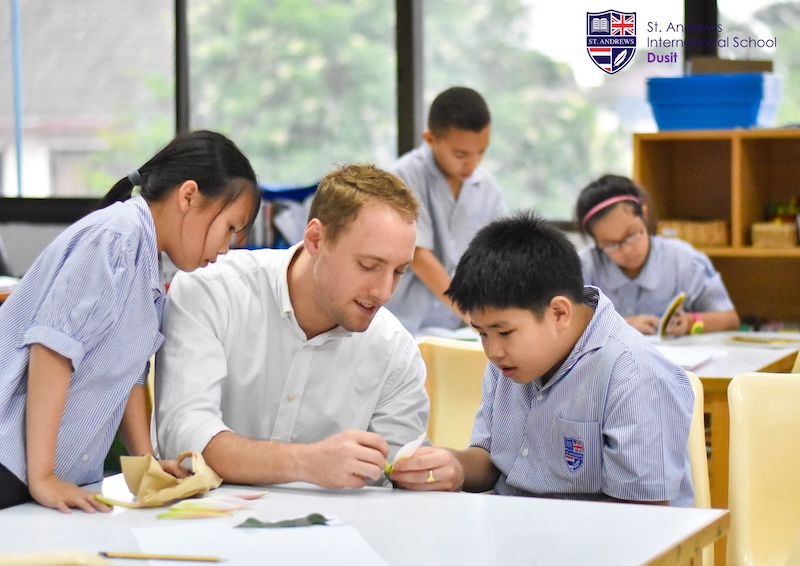Growing up in a digital world of gaming consoles, mobile phones, tablets, laptops and all other kinds of technology has become every child’s reality, and today’s parents have to grapple with the question of “How much screen time is suitable for my child?” No one really has the best answer — any parent who searches the Internet to get advice on the use of technology for their child is inundated with an inordinate amount of expertise on the matter. The biggest difficulty is that the advice given is often so diverse. Some say there is not enough technology for children; others will say there’s simply too much; and some recommend a particular amount of time per day.
Every time you go to a shopping mall or restaurant, or even just sit on the train, people are glued to their devices, whether it is searching the web, listening to music, working, watching a video, connecting to social media or playing games. It has increasing become the norm and indeed, a way of life. Very few will disagree that the world of evolving technology has given so much “instant access” to answers and to learning, as well as to entertainment and the joy of keeping in touch with friends.
There is no doubt that keeping up with the changes in technology is a vital part of life for all parents and particularly for our children. Technology has become a life skill and there is no way we want our children to miss out. It is as important as all young children learning a second or even third language in this ever globalized and connected world.
Having worked in schools with varying degrees of access to technology, I can see how enthralled most children get at the prospect of turning on the classroom’s Interactive whiteboard, opening the individual tablets or waiting eagerly for the ICT periods in the daily timetable. This joy and love for learning is what parents and teachers all want to see, but not only at particular lessons of the school day. It is our duty to the children to ensure that they love to learn and play in all situations and activities.
I have the absolute pleasure of working with young children from 18 months to 6 years old and, although I believe technology is exceptionally important for all children, there is one thing that is far more important, which is very often overlooked and taken for granted in learning — Personal, Social & Emotional Development (PSED)!
Technology must not take the place of play in a young child’s life. This may well be a somewhat divisive statement to many and yes, there are many ways that a child can have fun with and learn a great deal through technology. However, is there anything that can replace the enjoyment, happiness and fun that children get from playing with others? PSED in all young children are skills that must be at the forefront of our minds.
Going back to my opening paragraph, I would like to rephrase the question to read, “Is technology getting in the way of a child’s development of other life skills: socialising, exploring, talking to others, expressing their opinions, creativity, self-confidence…?” Rather than set limits on screen time, please consider this perspective.
How many of us have seen grown men and women in a restaurant where no, or very little, verbal communication has taken place throughout the entire meal? How many of us have held open a door for the next person, only for them to remain silent as they are busy texting? How many of us have gone to their child’s school show or piano recital only to view the entire performance through the tablet or smartphone screen? I am not in any way trying to cause any offence in my comments (and wholeheartedly apologise if I do). I would just like all of us to consider that there are other options for our children, whether at home, in a mall, or in school.
These options for our children, the development of the PSED skills over their skills for technology, will allow them more opportunities to interact with one another, share, solve their difficulties, cope with not always being able to get what others may have, be happy, develop their creativity, talk, listen and explore with their friends and with their families. Let us nurture confidence, happiness and caring children through playing and interacting with each other.
For more information, please visit www.bernie-bipc.co.th.
Editor’s note: This article is sponsored content from BERNIE, British International Kindergarten and Early Years.


















